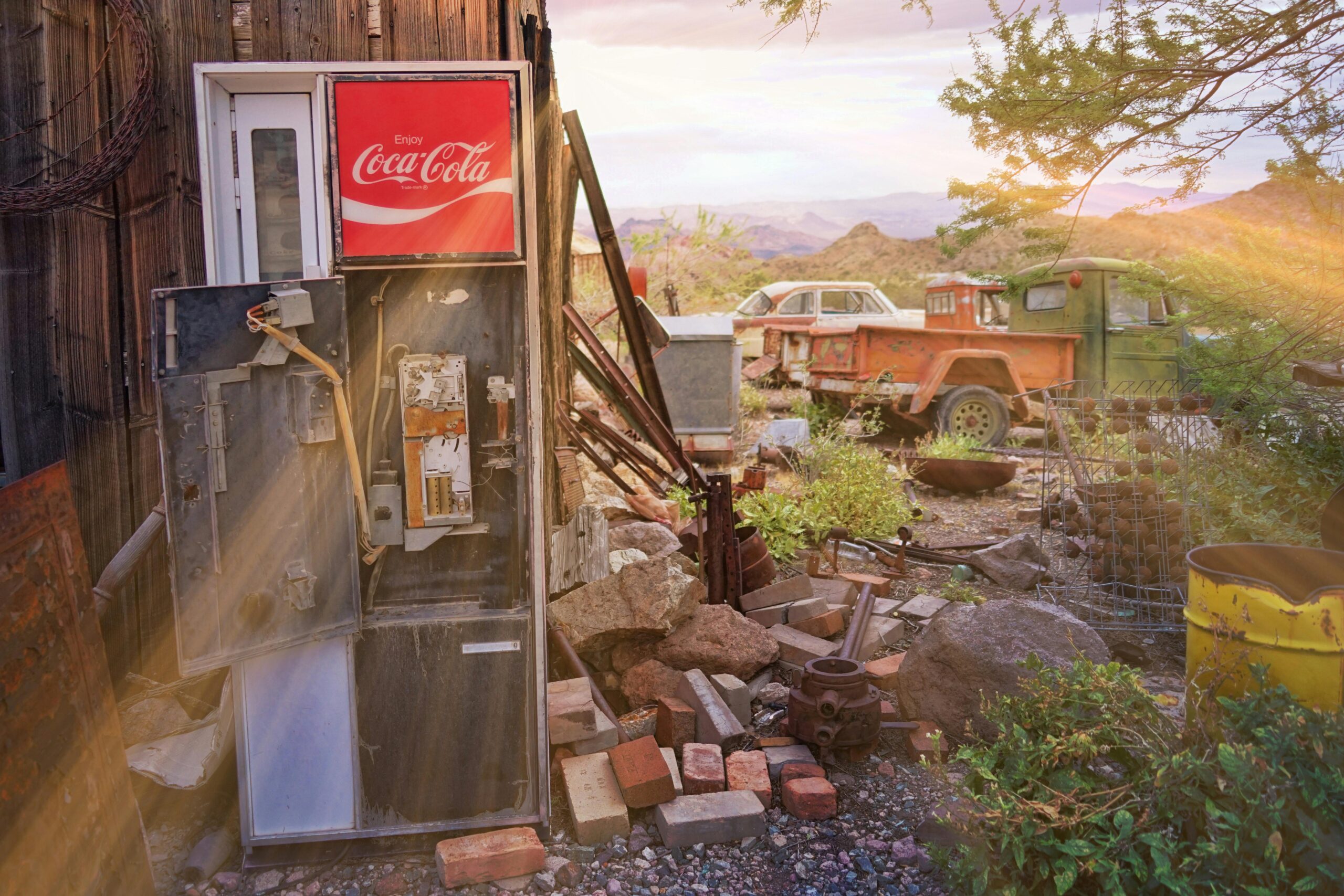Getting rid of unwanted items from your home or workspace can feel like a fresh start. But have you ever thought about where that junk ends up? Junk removal is more than just a convenience—it plays a crucial role in protecting the environment. Responsible junk disposal helps reduce pollution, conserve resources, and support healthier ecosystems.
Everyday items like old electronics, furniture, or plastics can cause significant harm if not disposed of properly. Landfills can quickly become overwhelmed with non-biodegradable materials, while hazardous waste can leak chemicals into the soil and water. This can harm wildlife, pollute natural resources, and even affect human health.
The good news is that adopting sustainable junk removal practices can make a big difference. Whether you’re clearing out your garage, remodeling your home, or tackling a yard cleanup, choosing eco-friendly methods helps create cleaner, greener communities while reducing environmental harm.
Why Junk Disposal Matters
Improper junk disposal doesn’t just clutter landfills—it has serious environmental consequences. Here’s why it matters:
- Toxic Pollution: Electronics like computers, TVs, and cell phones contain toxic materials like lead, mercury, and cadmium. These can leak into the soil or water, contaminating local ecosystems.
- Plastic Waste: Plastics are a major problem in junk removal. They take hundreds of years to decompose and often break down into microplastics, which can harm marine life and pollute waterways.
- Hazardous Waste Risks: Items like paint cans, cleaning products, or batteries release harmful chemicals if discarded improperly, endangering both wildlife and people.
- Overloaded Landfills: When landfills reach capacity, waste spills into surrounding areas, creating long-term environmental challenges.
Common Items in Junk Removal and Their Impact
Many of the items removed during decluttering or renovation projects pose unique environmental risks. Here are some examples:
- Electronics: Devices like old laptops, phones, or televisions contain heavy metals and other hazardous substances that can leach into groundwater if not recycled.
- Furniture: Many pieces of furniture are made with synthetic materials or treated wood that doesn’t decompose easily, increasing landfill waste.
- Plastic Items: Household plastics such as containers, bags, and packaging materials remain in the environment for decades, contributing to pollution and endangering wildlife.
- Construction Debris: Materials like concrete, drywall, and insulation create dust and runoff that can harm soil and nearby water sources.
How Professional Junk Removal Services Make a Difference
Hiring a junk removal service can simplify the process of managing waste responsibly. These professionals use practices that minimize the environmental impact of your discarded items.
1. Recycling
Many items removed during junk cleanouts can be recycled, including metals, plastics, glass, and paper. Recycling reduces the need to extract raw materials, which saves energy and lowers greenhouse gas emissions.
2. Donating Usable Items
Not everything removed during a cleanout is trash. Many junk removal services sort through items to find goods like furniture, appliances, or clothing that can be donated to local charities. This keeps functional items out of landfills and benefits others in the community.
3. Composting Organic Waste
Yard waste, food scraps, and other organic materials can often be composted instead of discarded. Composting creates nutrient-rich soil, which can be used for gardening and landscaping projects.
4. Proper Hazardous Waste Disposal
Some items, such as paint cans, electronics, and cleaning chemicals, are classified as hazardous waste. Professional junk removal companies have the expertise and permits required to handle and dispose of these items safely, reducing the risk of contamination.
Tips for Responsible Junk Removal at Home
Even without hiring a professional, you can take steps to reduce your environmental impact when managing waste:
- Sort Before You Toss: Separate items into categories such as recyclables, donations, and trash. This helps ensure that recyclable or reusable items don’t end up in the landfill.
- Donate What You Can: Items like gently used furniture, appliances, or toys can often be donated to thrift stores, shelters, or community organizations.
- Recycle Electronics: Look for e-waste recycling programs in your area to safely dispose of old electronics like phones, laptops, and televisions.
- Avoid Mixing Hazardous Items: Never throw items like paint, batteries, or chemicals into regular trash bins. Check for local hazardous waste collection programs instead.
Environmental Benefits of Sustainable Junk Removal
Practicing eco-friendly junk removal has several positive effects on the environment:
- Cleaner Water and Soil
- Proper disposal prevents chemicals from leaching into soil or waterways, preserving these resources for wildlife and human use.
- Reduced Greenhouse Gas Emissions
- Recycling materials like metals, plastics, and paper reduces the need for manufacturing new materials, which in turn decreases energy use and carbon emissions.
- Conservation of Resources
- Reusing and recycling items means fewer raw materials like wood, minerals, and petroleum need to be extracted, helping conserve natural resources.
- Less Waste in Landfills
- Diverting recyclable and reusable materials from landfills reduces the strain on waste management systems and prevents overflows.
- Healthier Ecosystems
- By limiting pollution and waste, responsible junk removal helps protect natural habitats and the animals that live there.
Why It’s Worth the Effort
Choosing responsible junk removal isn’t just good for the environment—it’s a step toward a more sustainable future. Each small action, like recycling an old phone or donating an unused table, contributes to a healthier planet. By making these choices, you help reduce pollution, save resources, and create cleaner communities.
The next time you’re clearing out your space, take a moment to consider the impact of your choices. Sorting, recycling, and donating may take a little extra effort, but the benefits for the environment and future generations are well worth it.

